Proton Mail vs. Gmail: Which is Right for You?
In today’s digital world, choosing the right email provider is crucial. Two top contenders are Proton Mail and Gmail. Gmail is renowned for its user- friendly design and seamless integration with Google’s suite of services, making it ideal for everyday use. On the other hand, Proton Mail is all about security and privacy, offering robust end-to-end encryption to protect your data.
While Gmail collects data for advertising and service improvements, Proton Mail never tracks you or displays ads. If privacy is your priority, Proton Mail is the way to go. However, for everyday tasks and app synchronization, Gmail is hard to beat. Each service has its strengths depending on your needs. This quick comparison will help you determine the best email service for your daily activities, privacy concerns, and lifestyle.
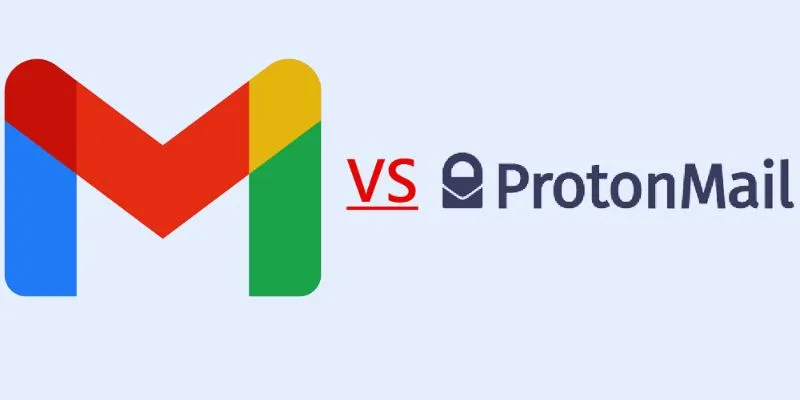
The Ultimate Gmail vs Proton Mail Comparison
This in-depth analysis helps you choose between Proton Mail’s secure, privacy- focused email experience and Gmail’s intelligent features.
Security and Privacy
Proton Mail’s end-to-end encryption ensures only you and the recipient can access your emails. Even Proton Mail itself cannot access your data, ensuring anonymity. In contrast, Gmail offers strong security measures like two-factor authentication and encryption. However, Gmail scans emails for advertising purposes, which may compromise privacy. Google’s data collection approach uses your information for targeted ads.
Ease of Use and Interface
Gmail is well-known for its clear, simple interface, making it easy for most users to navigate. It integrates seamlessly with other Google products like Calendar and Drive, making it user-friendly for both beginners and experienced users. Proton Mail focuses on simplicity with a straightforward design, but new users might find it less intuitive. Although lacking third-party integrations, Proton Mail is continuously improving.
Features and Functionality
Gmail offers a wide range of features beyond email, including Google Meet, Drive, and Keep. Its powerful search capabilities allow you to quickly find emails. Organizing your inbox is easy with features like labeling, filtering, and grouping emails. Proton Mail prioritizes secure, private communication, offering features like safe attachments and self-destructive messages. While its tools are less sophisticated than Gmail’s, Proton Mail also includes a calendar and cloud storage, catering to privacy-conscious users.
Cost and Pricing
Gmail provides a free plan with 15GB of shared space across Drive, Photos, and Gmail. For more storage, Google Workspace starts at $6 per month. Proton Mail also offers a free package with limited messages and 500MB of storage. For privacy-focused users, paid plans start at $5 per month, offering more storage, priority support, and custom domains.
Support and Customer Service
Gmail offers various support options, including direct customer service for paid plans, community forums, and an online help center. Its large user base ensures ample resources for troubleshooting. Proton Mail provides a knowledge base and email assistance. Although its support isn’t as extensive as Gmail’s, it receives high marks from privacy-conscious users. Paid Proton Mail users benefit from priority support, ensuring quicker responses when needed.
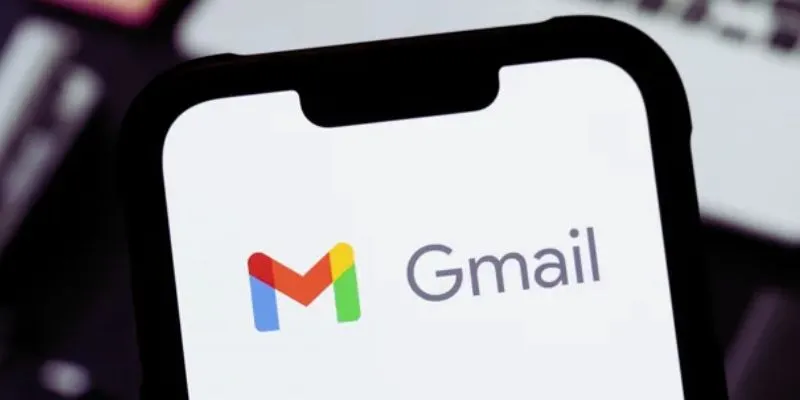
Trust and Reputation
Gmail, a part of Google, is a widely trusted and used email provider globally, known for its security and reliability. However, privacy concerns arise as Google utilizes information for advertising. Proton Mail, designed with privacy at its core, is a reliable service for users valuing anonymity. Based in Switzerland, Proton Mail benefits from strict privacy regulations, ensuring emails remain private and protected from commercial use.
Customization and Advanced Settings
Gmail excels in personalization options, allowing you to set advanced filters, create custom signatures, and change themes for email organization. It also supports third-party app integrations to enhance functionality. Proton Mail offers basic customization with folders and filters but lacks the advanced customization and third-party integrations Gmail provides. For users seeking a personalized email experience with extensive options, Gmail is the superior choice.
Accessibility and Compatibility
Gmail’s free plan includes 15GB of shared space across Drive, Photos, and Gmail. Google Workspace offers additional space for $6 per month. Proton Mail offers a free plan with limited messages and 500MB of storage. Paid plans, starting at $5 per month, cater to privacy-conscious users with extra storage, priority support, and custom domains.
Which One Fits You Best? Proton Mail or Gmail?
Your choice between Proton Mail and Gmail depends on your priorities. If privacy is your main concern, Proton Mail is the clear choice, offering end- to-end encryption to ensure only you and the recipient can access your messages. For those prioritizing secure, private communication, Proton Mail is the go-to solution.
On the other hand, Gmail is all about convenience, with a user-friendly design and seamless integration with Google’s vast network. It offers a suite of advanced tools, such as Google Meet and Drive integration, to boost productivity. If you’re looking for a secure, privacy-focused email provider, Proton Mail is the way to go. However, if you value simplicity, comprehensive tools, and a seamless user experience, Gmail is an excellent choice. Ultimately, the decision depends on your specific needs and preferences.
Conclusion:
Your priorities will determine whether Proton Mail or Gmail is the right choice for you. If privacy and security are paramount, Proton Mail is the obvious winner, providing strong encryption and emphasizing anonymity. Conversely, if you value simplicity, seamless integration with other services, and a wide range of features, Gmail shines. Both services offer distinct advantages, so your decision should be based on your individual needs. Whether you prioritize seamless functionality or secure communication, choose the service that best aligns with your preferences and lifestyle for an optimal experience.
Related Articles
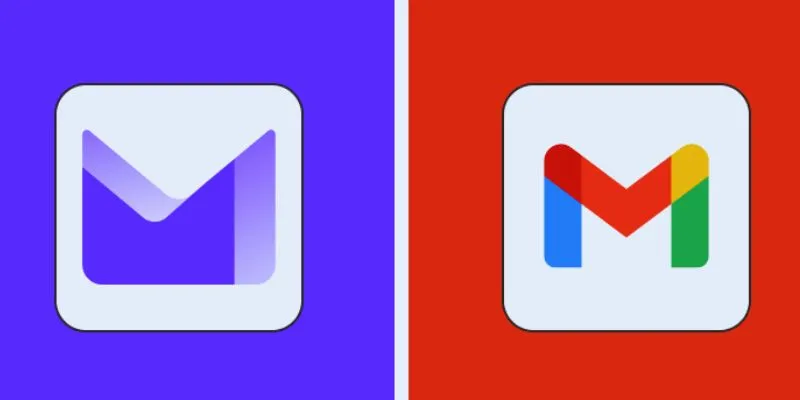
Proton Mail vs. Gmail: Which is the Best Email Service for You?

Brevo vs. Mailchimp: Choosing the Right Email Marketing Tool
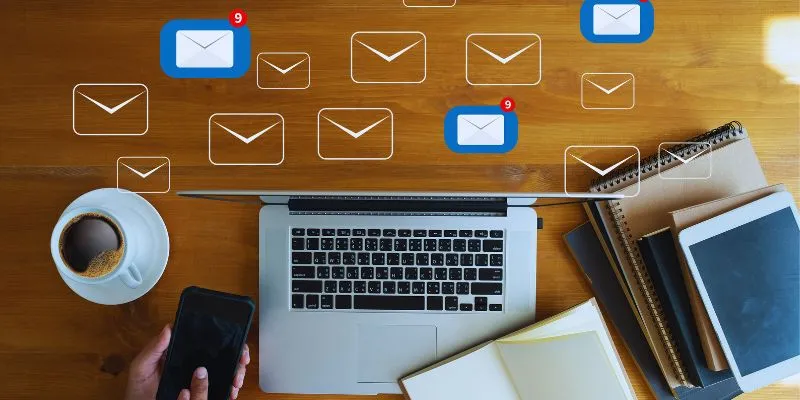
Streamline Your Email Campaigns: The 7 Best Cold Email Software Options

The 10 Best Email Apps for iPhone: Streamline Your Inbox Today
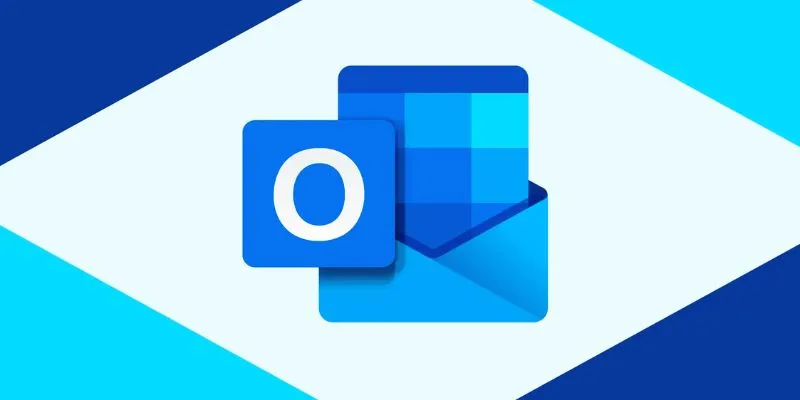
How to add an email signature in Outlook: A Step-by-Step Guide

Upgrade Your Email Experience: The 7 Best Email Clients for Windows

The Best Email Parsing Software for Automating Workflows: Top Picks for 2025

Which Are The 6 Best Email Clients for Mac: A Comprehensive Comparison

Upgrade Your Email Experience: The 7 Best Email Clients for Windows

GitHub vs GitLab vs BitBucket: A Comprehensive Breakdown
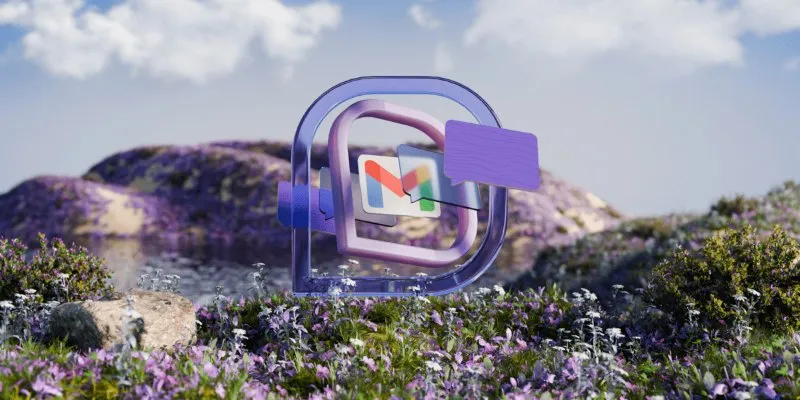
Discover the 7 Best Gmail Alternatives in 2025 to Boost Your Email Game
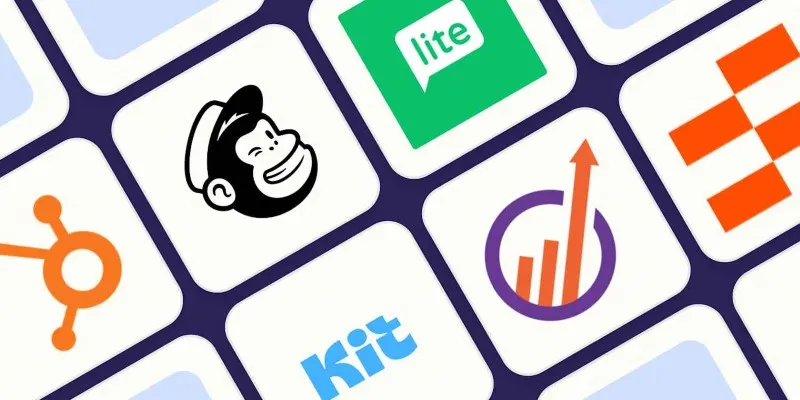
Top ActiveCampaign Alternatives to Try in 2025 for Smoother Workflows
Popular Articles

How to Edit and Merge GoPro Videos on Your Windows PC
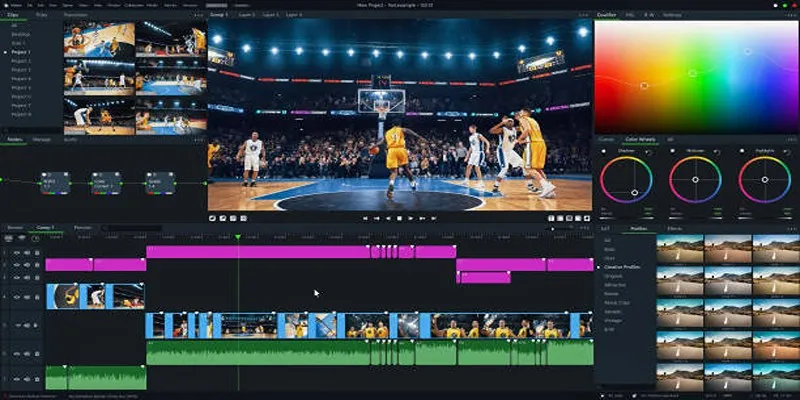
Top 5 Background Noise Removers for Desktop Users

Capture Gameplay Smoothly: 5 Great ShadowPlay Alternatives

Everything You Should Know About 123Apps Online Video Editor

Convert TS Files from VCD to AVI Easily and Keep the Quality

From Raw to Cinematic: Top Editing Software for DJI Footage

Discover the Top 8 AI Meeting Assistants in 2025 to Boost Productivity and Stay Organized
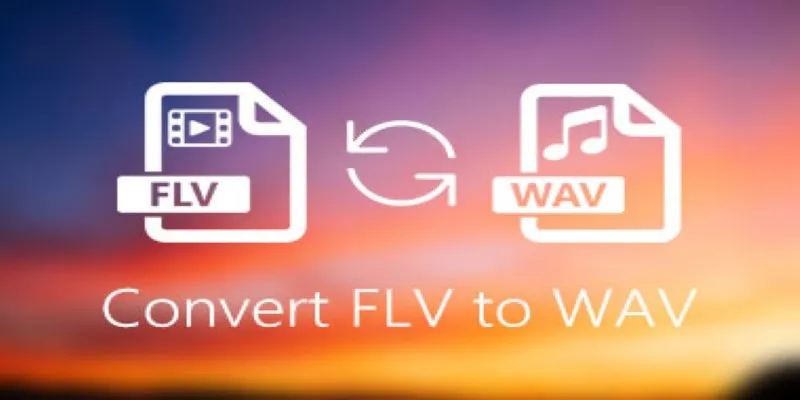
How to Convert FLV Files to WAV Format in Minutes
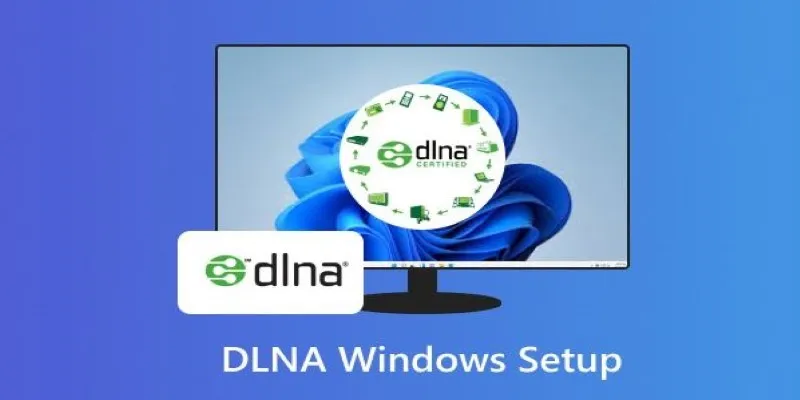
Set Up Media Streaming with DLNA in Windows
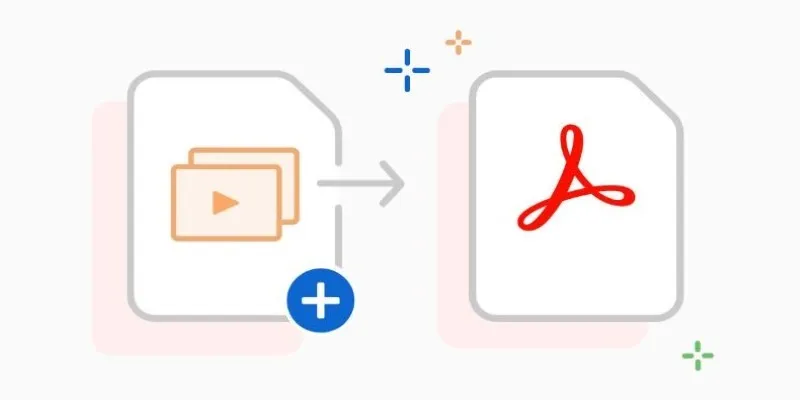
Convert PPT into Documents for Free: 5 Top Tools to Try

How to Move Comments Between WordPress Posts: A Quick and Easy Guide
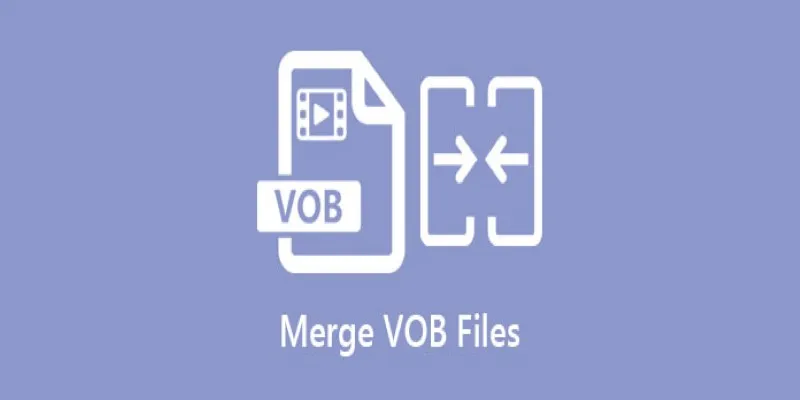
 mww2
mww2